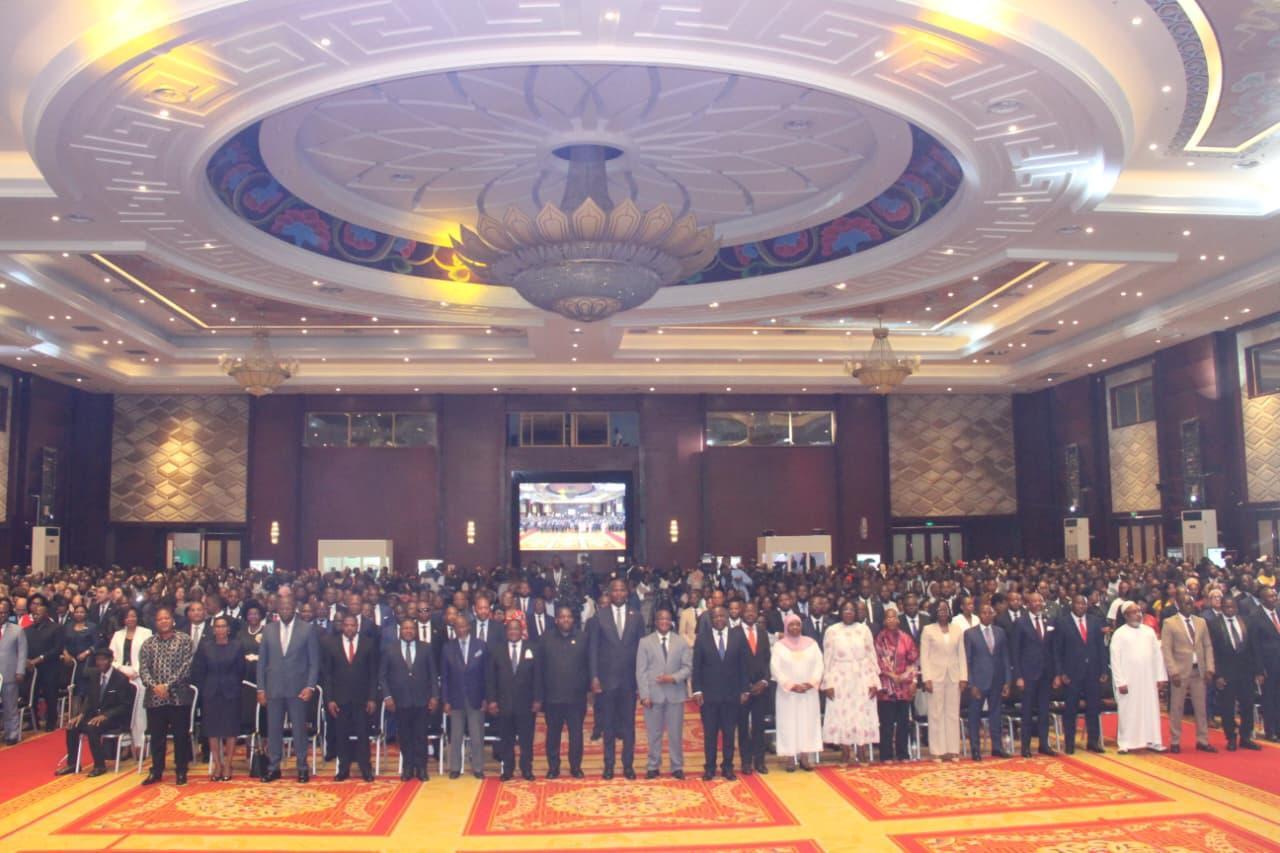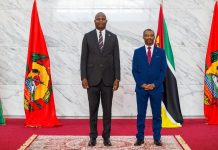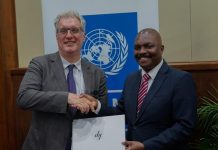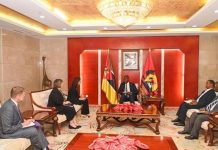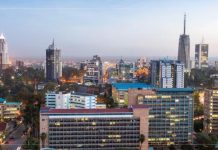Africa-Press – Mozambique. The 21 members of the Technical Commission for the Inclusive National Dialogue were introduced yesterday, highlighting the three members of civil society organisations who will join the 18 representatives of the nine political parties which signed the Political Commitment for an Inclusive National Dialogue, on March 5th of this year.
These members are Fidélia Chemane, Executive Director of CESC (Civil Society Learning and Training Center), representing the southern part of the country; former politician Ismael Mussá, from the Citizenship Observatory, who joins the Technical Commission representing the central part of the country; and Professor Ana Guina, Director of the Polytechnic University, Nampula delegation, representing the northern part of the country.
The three civil society organisation members were chosen in a controversial public selection process, in which the excluded candidates were not even notified of the results, and the successful candidates unknown until yesterday. In fact, even during the members’ presentation, Edson Macuácua, president of the Technical Committee, did not name them; however, “Carta” was able to identify their identities and origins.
This is the third technical commission in two years that Ismael Mussá has served on to discuss issues of political reform in the Mozambican State.
In April 2023, Mussá was part of the Commission for Reflection on the Feasibility of Holding District Elections (CRED), which, within 15 days, legitimized Frelimo’s desire to postpone the district elections. Despite having a 45-day deadline, the aforementioned CRED Commission concluded within 15 days that the political and financial conditions were not in place for Mozambique to hold its first district elections, which were scheduled for 2024.
In July of the same year of 2023, Mussá joined the Commission for Reflection on the Decentralized Governance Model (CREMOD), whose purpose was to discuss the appropriate decentralized governance model for the country following the apparent failure of the current model, introduced in 2020, which introduced two “provincial governments”, one led by the Governor (elected) and the other by the Secretary of State (appointed by the President of the Republic). CREMOD’s mandate ended on July 17th, and the content of the report remains unknown.
Almost two months after leaving CREMOD, Ismael Mussá, who served as Secretary-General of the MDM (Democratic Movement of Mozambique) and a member of parliament (2009-2014) for the ‘Rooster’ party, is once again a ‘civil society’ candidate for a new technical commission, this time linked to the Inclusive National Dialogue.
The three chosen will join the 18 members of the Technical Commission from the political parties that signed the Commitment: Edson Macuácua (from Frelimo, who chairs the group); Alberto Ferreira (from PODEMOS, who serves as vice-president); WITH Saimone Macuiana (from Renamo) and Sílvia Cheia (from MDM), who serve as rapporteur and vice-rapporteur, respectively.
Also joining are Johane Zonjo (Frelimo); Fátima Abdulmanafe Sufo Jovo (PODEMOS); Ivone Soares (Renamo); Casimiro da Cruz Pedro (MDM); Nunes Nenele and Sandra Manjate, from the Democratic Revolution; Vânia Nhantumbo and Quivela Cornélio, from PAHUMO; Alberto Macie and Elias Matsimbe, from PARESO; Ernesto Cossa and Kelven Quenesse, from PARENA; and Albino Manguene and Berta Muiambo, from New Democracy.
The Technical Commission for an Inclusive National Dialogue has, among other tasks, the mission of proposing to the leaders the working groups that will be formed to produce proposals and recommendations on each of the agreement’s priorities (constitutional review and governance). It will also be responsible for systematizing the proposals gathered during the public consultation process.
The Technical Commission will spend a total of 91,471,200.00 meticais, of which 48 million meticais will be allocated to attendance fees; 34,545,000.00 meticais for payment of services; 5,170,000.00 meticais for the acquisition of goods; 2,844,000.00 meticais for the payment of domestic expenses; 883,200.00 meticais for the purchase of fuel and lubricants; and 29,000.00 meticais for the payment of communication expenses.
For More News And Analysis About Mozambique Follow Africa-Press

